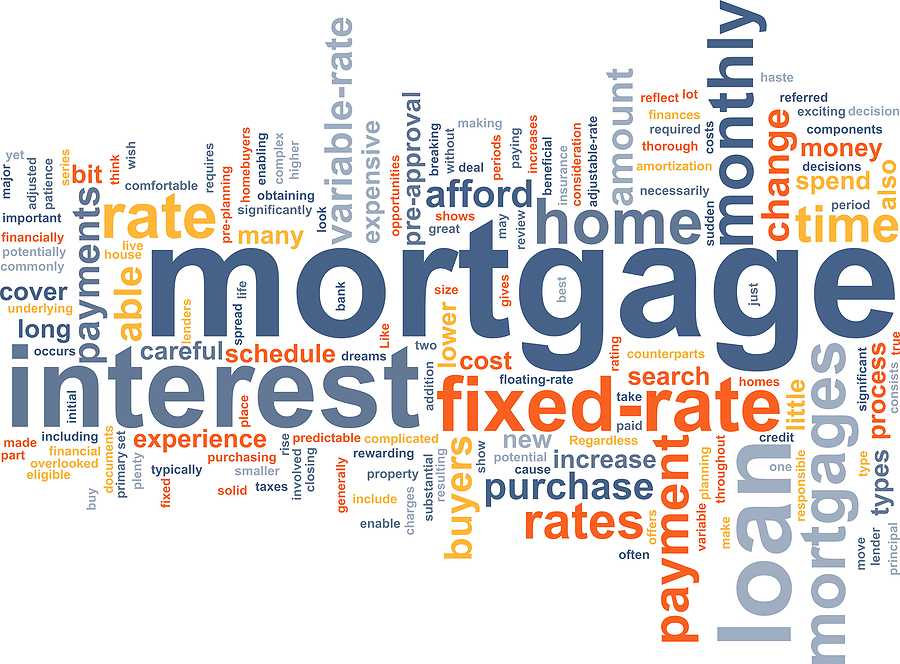During the boom and bust years, Spain has created and developed a mortgage market where a number of different lenders offer a wide variety of mortgages to their national and international clients.
Mortgages in Spain are sold either through mortgage brokers or are offered by directly by local Spanish banks and savings banks (know as “cajas”). There are also some international banks who offer mortgages to their clients.
In Spain there are many different types of mortgages available and each have their own cost and terms which usually depends on whether or not the mortgage is fixed or variable and how long the agreed term will extend.
The interest charged on all Spanish mortgages is determined by the base rate set by the ECB but mortgage lenders in Spain are fairly free to set their own terms. The only constraining factor is the market. As a result, it is well worth shopping around when considering a mortgage in Spain. There can be significant cost savings to be made if you decide to choose one lender in preference to another.
Fixed and variable rate mortgages in Spain
Most mortgages sold in Spain are variable rate mortgages, so if the base rate of the ECB changes then the amount which needs to be repaid also increases or decreases. If the base rate set by the ECB is increased then borrowers will need to pay more. If the base rate set by the ECB is decreased then borrowers will pay less. As a result, a borrower cannot be certain of what their repayments will be over a given period of time.
Some lenders also offer a fixed rate mortgage. The disadvantage of this is that the interest payments tend to be slightly higher in the short-term. However, if the ECB increases the base lending rate, borrowers with a fixed-rate mortgage may pay less than borrowers with a variable-rate mortgage. The main advantage of fixed-rate mortgages is that the borrower will know exactly what the repayments will be over a given period of time.
There are also some lenders who offer mixed-rate mortgages. The interest is usually fixed for a period of time (5 years, for example) and then floats for the rest of the mortgage term. Interest-only mortgages used to be common in Spain but following the Spanish property crisis they have become less available and are very difficult to find. Most lenders now prefer to offer repayment mortgages.
Additional Spanish mortgage terms
As in any contry, the mortgage which is finally offered will depend on the financial profile of the individual. A lender will want to know how much you earn and will want a breakdown of your other financial commitments. Generally a bank will lend you around 3 times your income.
The lender will also consider the type of property you are looking to purchase. A holiday home is considered riskier than a main home and, therefore, loan to value ratios for holiday homes are lower than they are for main residences and the conditions are more expensive.
The lender will also consider the value of the property. Usually they will lend between 50% and 70% of the bank valuation.
The length of the mortgage term usually depends upon the age of the borrower, but most mortgage terms in Spain are 20 to 25 years. It is possible to agree a shorter term and some lenders will offer up to 40 years. The longer the term, the smaller the repayments.
It is possible to cancel the mortgage early. Usually a lender will charge 1% of the mortgage value.






Buyers should beware of 100% mortgage offers by banks on properties they own. The buyer of these is immediately in negative equity. The price of the property is likely to be high compared to those around it. Once bought, the value of the property immediately reduces as the seller cannot offer 100% mortgage and may be competing with the bank if it owns other properties in the area that are being offered with 100% mortgage.
surveyspain.com